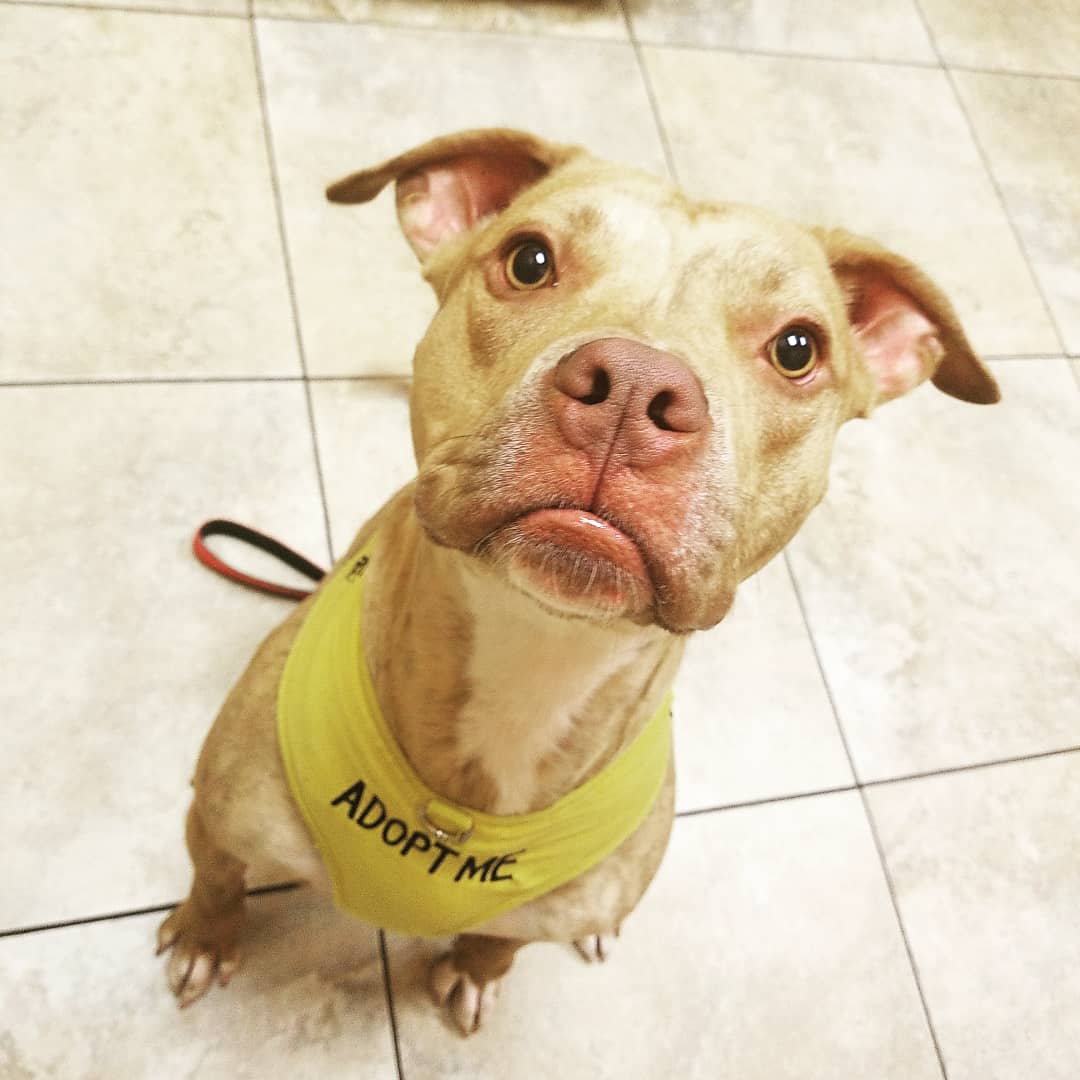Help! My dog is leaking!

Let’s discuss what can cause a dog to lose control of its bladder and what you and your veterinarian can do to help.
The rundown
Normal bladder function relies on a specific set of muscles and nerves and a normal spinal cord, so when one of these things isn’t working correctly, incontinence (or a loss of bladder control) can occur. Dogs that have urinary incontinence are typically healthy but sometimes leak urine while resting, leaving behind little pee spots.
Urinary incontinence is a common problem in older, large-breed dogs. Dogs that have had spinal cord disease may develop urinary incontinence due to nervous dysfunction. If the problem with the spinal cord is corrected in time, then the incontinence usually resolves on its own. The cause of female urinary incontinence in dogs is still not known, but the risk of female urinary in- continence goes up in large-breed dogs that are spayed when younger than 3 months old. New studies show that delaying spay surgery till at least 8 to 9 months of age in big dogs (such as golden retrievers, sheepdogs, Labradors, Dobermans and Rottweilers) may reduce their likelihood of developing urinary incontinence.
What’s there to do?
While there’s no cure for many cases of long-term urinary incontinence, most of the time this condition can be successfully managed with medication that helps the dog store pee in its bladder without leaking. The most common medication prescribed for urinary incontinence is Phenylpropanolamine (PPA), which works on a dog’s nerves and stops leaking by “tightening” everything up.
Getting urinary incontinence under control can take a little bit of trial and error (and patience!). If your dog doesn’t seem to respond well to medications like PPA or has a bad reaction to a medication, then your veterinarian may change the amount of medication you give your dog or prescribe hormone therapy.
If your pet is still leaking while you’re working with your veterinarian to get the condition under control, ask your veterinarian about urinary incontinence tools, such as doggie diapers, leak-proof beds and belly bands. There are many products available to make life easier for both you and your dog.
Source: India Lane, DVM, DACVM. Courtesy of dvm360
- Behavior (11)
- Caring for your pet (263)
- cat (4)
- Community Events (19)
- dog (6)
- From Our Clients (15)
- Happy Tails (8)
- News (418)
- Press (53)
- Products (2)
- Questions (4)
- Recalls (1)
- Special Offers (5)
- Tips & Advice (231)
- Uncategorized (19)
- Veterinary Services (48)
